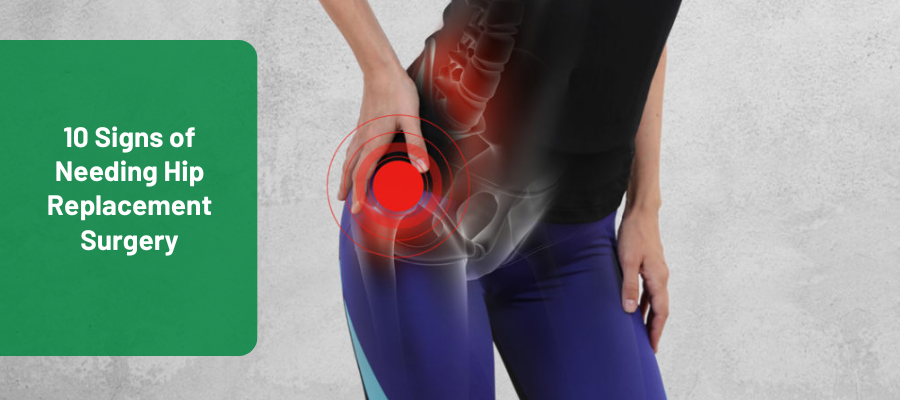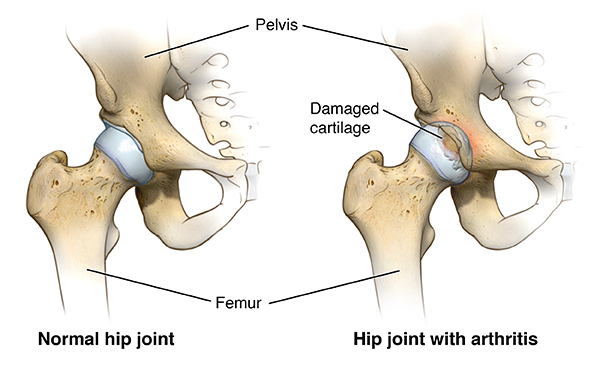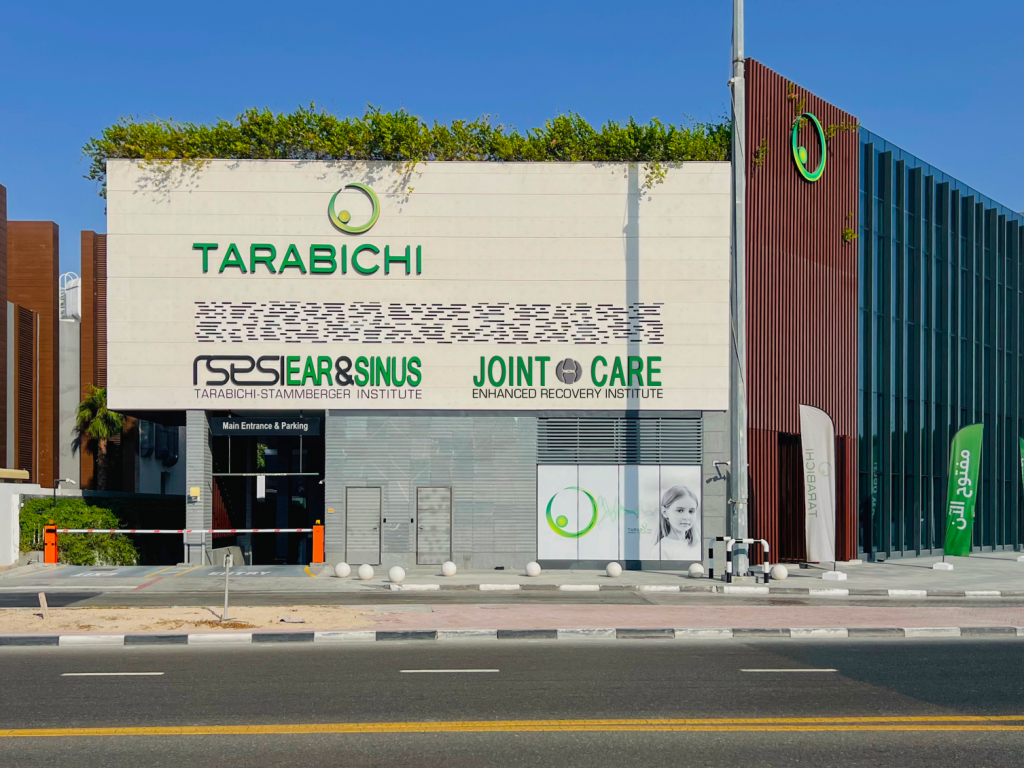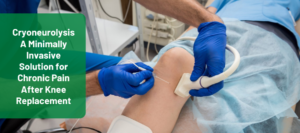10 Signs of Needing Hip Replacement Surgery

If you find yourself avoiding activities you once loved because of hip pain, stiffness, or reduced mobility, it may be more than just normal aging. Hip conditions such as arthritis, injury, or degeneration can lead to significant joint damage that non-surgical treatments can’t always fix.
That’s when hip replacement surgery becomes an effective option to restore movement and relieve pain. But how do you know if you’re ready for surgery?
In this blog, we’ll share the top 10 signs of hip replacement surgery so you can better understand when it’s time to consider this life-changing procedure.
What Is a Hip Replacement?
A hip replacement (hip arthroplasty) is a surgical procedure in which a damaged hip joint is removed and replaced with an artificial implant made of metal, ceramic, or plastic. The hip is a ball-and-socket joint, and when worn out by arthritis, injury, or other conditions, it can cause severe pain, stiffness, and reduced mobility. A hip replacement restores function by replacing the damaged ball and socket with prosthetic parts that mimic natural movement. This surgery is most often done to relieve pain, improve mobility, and enhance quality of life when other treatments no longer help. Modern hip replacements are highly successful and can last 15–20 years or longer.
About
Tarabichi Joint Care
At Tarabichi Joint Care, we are dedicated to offering world-class orthopedic care with a focus on joint health and comprehensive rehabilitation. Founded by the renowned Dr. Samih Tarabichi, a pioneer in joint replacement in Dubai, our center stands as a beacon of excellence in the Middle East and beyond. With cutting-edge technologies, a patient-centered approach, and a team of highly specialized professionals, we strive to enhance the quality of life for individuals suffering from joint-related conditions.
What are Common Reasons for Hip Replacement Surgery?
- Advanced hip osteoarthritis: The most common cause, where cartilage wears away, leading to pain, stiffness, and reduced mobility that non-surgical treatments can no longer manage.
- Rheumatoid arthritis: This autoimmune condition causes inflammation in the joints, gradually wearing away cartilage and bone in the hip. Over time, it can lead to significant pain and reduced mobility.
- Post-traumatic arthritis: Hip injuries like fractures or dislocations can damage cartilage and bone, causing arthritis that develops later and may require hip replacement surgery.
- Hip fractures or injuries: Severe fractures may not heal well, especially in older adults with osteoporosis. Hip replacement surgery helps restore mobility and function after such injuries.
- Congenital or developmental issues: Conditions like hip dysplasia or abnormal joint formation cause premature wear, leading to pain and arthritis that may need surgical correction.

10 Key Signs of Needing Hip Replacement
1. Persistent hip pain that won’t go away
Ongoing hip pain that lingers even when resting or taking medication can be a red flag.
If the discomfort interferes with sleep, daily activities, and overall comfort, it may mean the hip joint is too damaged and could require replacement surgery for lasting relief.
2. Everyday activities feel increasingly difficult
If simple daily tasks like walking to the kitchen, climbing stairs, or bending to tie your shoes become a challenge, it’s often a sign that your hip function is deteriorating.
A hip replacement surgery may restore the mobility and independence that pain has taken away.
3. Stiffness is limiting your movement
A hip that feels tight, stiff, or hard to move through its normal range of motion can significantly impact your lifestyle.
When rotation, stretching, or even sitting comfortably becomes difficult, surgery may be the only way to regain flexibility and ease of movement.
4. Non-surgical treatments are no longer effective
Doctors usually recommend conservative treatments such as physiotherapy, lifestyle changes, pain relievers, or injections first.
But if these stop working and the pain keeps worsening, it may be time to consider hip replacement surgery as the next step for lasting improvement.
5. Balance problems or trouble standing on one leg
Difficulty standing on one leg, even briefly, or frequent balance issues can signal severe weakness or instability in the hip joint.
This instability not only limits mobility but also increases the risk of falls, making surgery a safer and more effective option.
6. Visible changes or unusual noises in the hip
If your hip looks uneven, appears deformed, or makes grinding, clicking, or popping noises during movement, it may indicate advanced cartilage or bone damage.
These physical changes often cannot be corrected with non-surgical care and may require hip replacement.
7. X-rays show severe arthritis or joint damage
Imaging tests such as X-rays or MRIs that reveal advanced arthritis, cartilage loss, or significant bone deterioration confirm when the hip joint has been severely compromised.
At this stage, replacement surgery may be the most effective way to restore function.
8. Hip pain is affecting your mental health
Living with constant hip pain doesn’t just impact the body—it can affect your mood, cause frustration, and even lead to anxiety or depression.
If emotional health is suffering from pain, surgery may improve physical and mental well-being.
9. You depend too much on pain medications
Relying heavily on painkillers to get through the day is not a sustainable solution. Over time, these medications can cause harmful side effects, including stomach or liver problems.
Hip replacement can reduce the need for daily medication and offer long-term relief.
10. Other surgical options aren’t likely to help
Sometimes, less invasive procedures such as arthroscopy aren’t effective for advanced joint damage.
If your doctor determines that these will not bring relief, hip replacement may be the most reliable way to restore movement, strength, and comfort.
FAQs
Hip replacement surgery removes damaged or diseased portions of the hip joint and replaces them with artificial implants. The procedure aims to relieve pain, enhance mobility, and restore normal hip function for patients with advanced hip problems.
Hip replacement surgery is usually recommended when severe hip pain and stiffness limit daily activities, and non-surgical treatments like medication, injections, or physiotherapy no longer provide relief. Imaging tests showing advanced arthritis or joint damage are also strong indicators that surgery may be the best option.
A hip surgeon specializes in diagnosing and treating conditions affecting the hip joint. They assess your symptoms, review imaging results, and recommend the most suitable treatment—whether conservative care or surgery. If surgery is needed, the surgeon performs a hip replacement to restore mobility, reduce pain, and improve quality of life.
Visit Tarabichi Joint Care for Hip Replacement Surgery
With over 3,500 successful hip replacement surgeries, Tarabichi Joint Care has transformed joint care through pioneering surgical techniques and advanced recovery methods, setting new standards in the field.
At Tarabichi Joint Care, you’ll be treated by a team of the best orthopedic surgeons in Dubai, who deliver world-class results and train other medical professionals across the region. By combining futuristic treatments with a patient-first approach, the clinic ensures faster recovery, reduced pain, and long-lasting results.

Get Your Appointment For Expert Joint Care
At Tarabichi Joint Care, we are dedicated to providing exceptional orthopedic treatment in Dubai. We specialize in the Enhanced Recovery Program, which emphasizes on quicker healing post-surgery. If you’re considering knee replacement surgery, let us help you on your journey to pain-free living.




